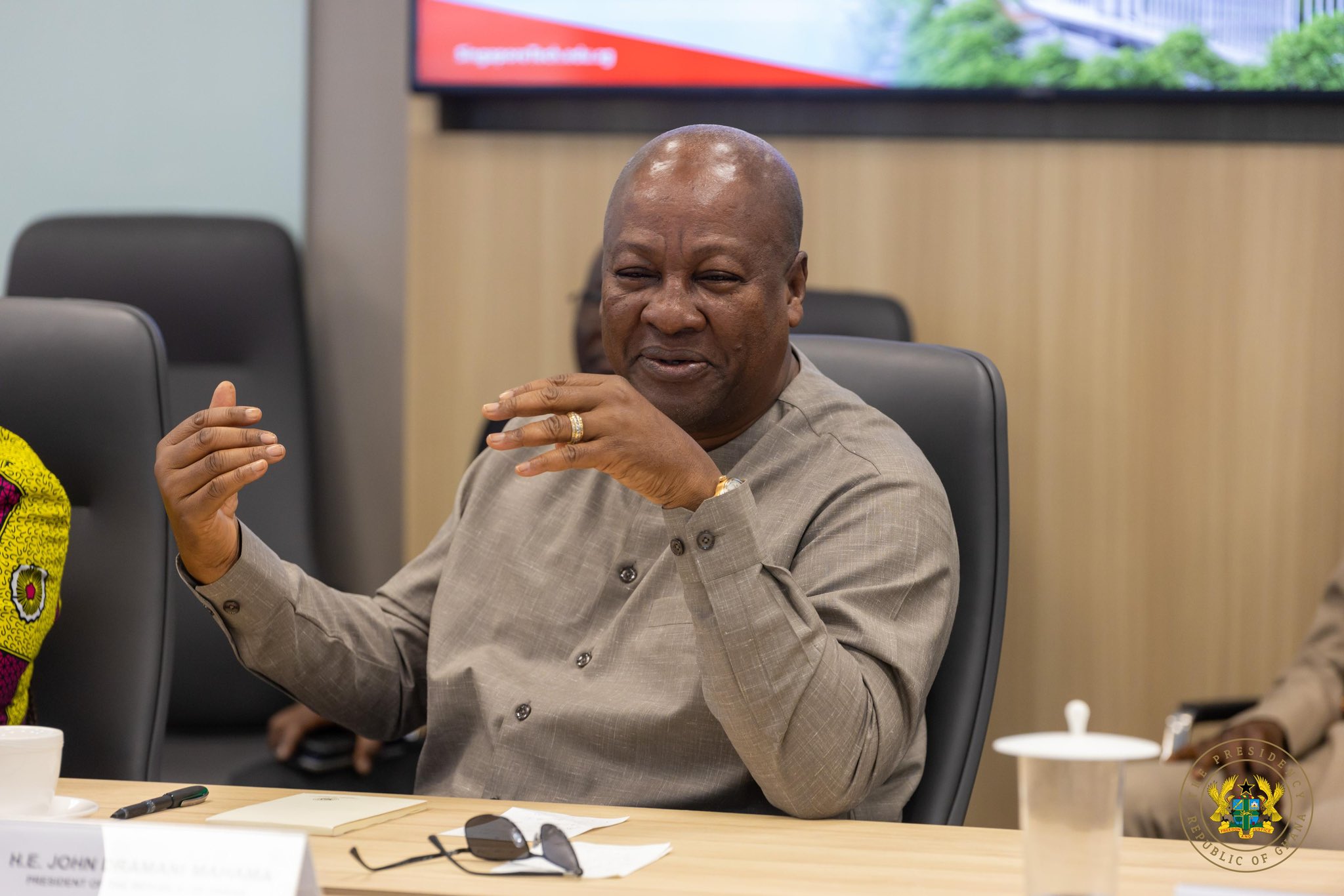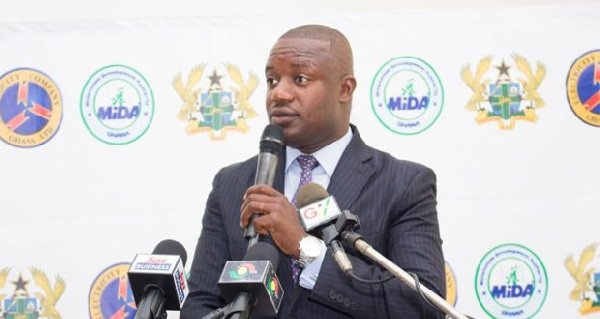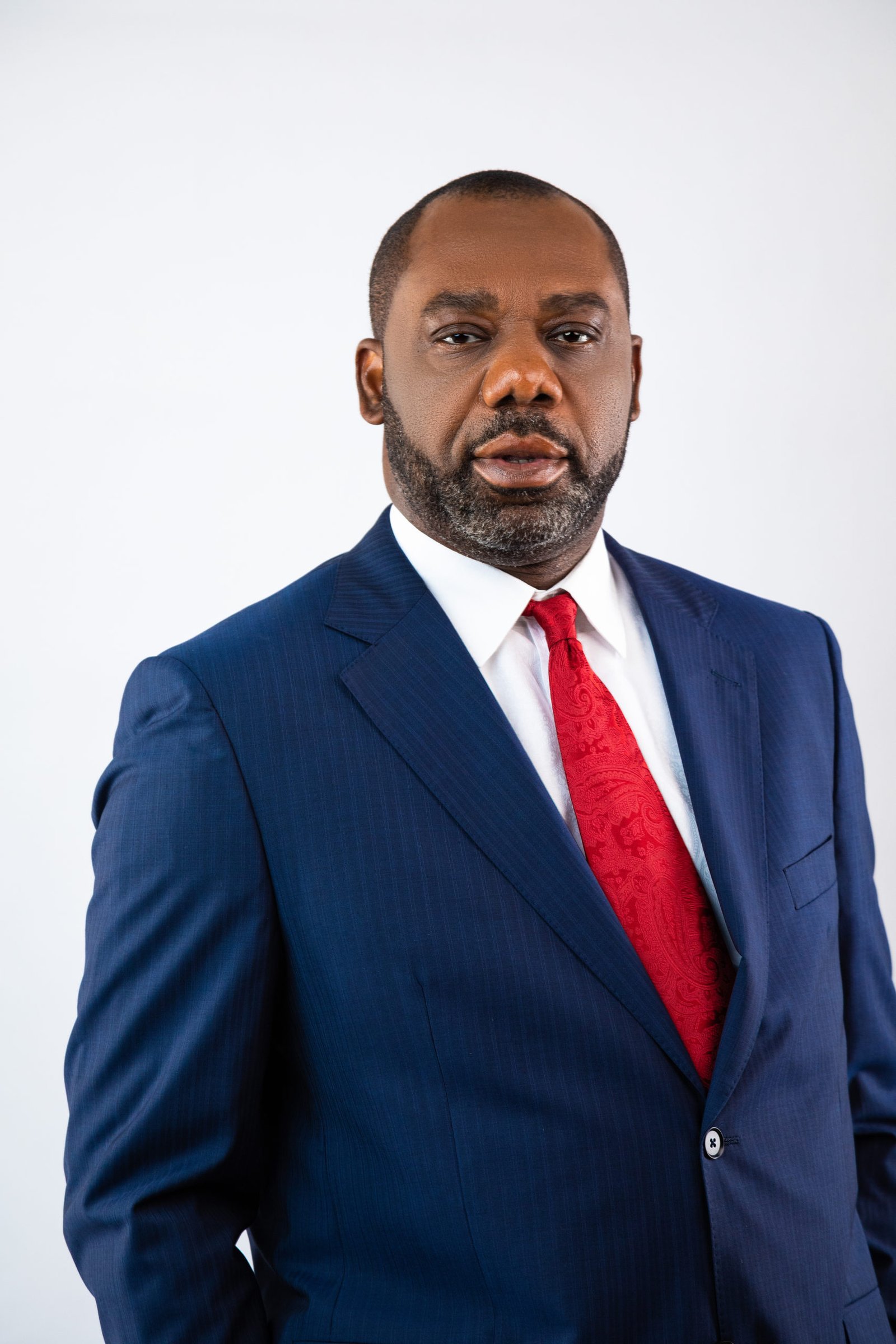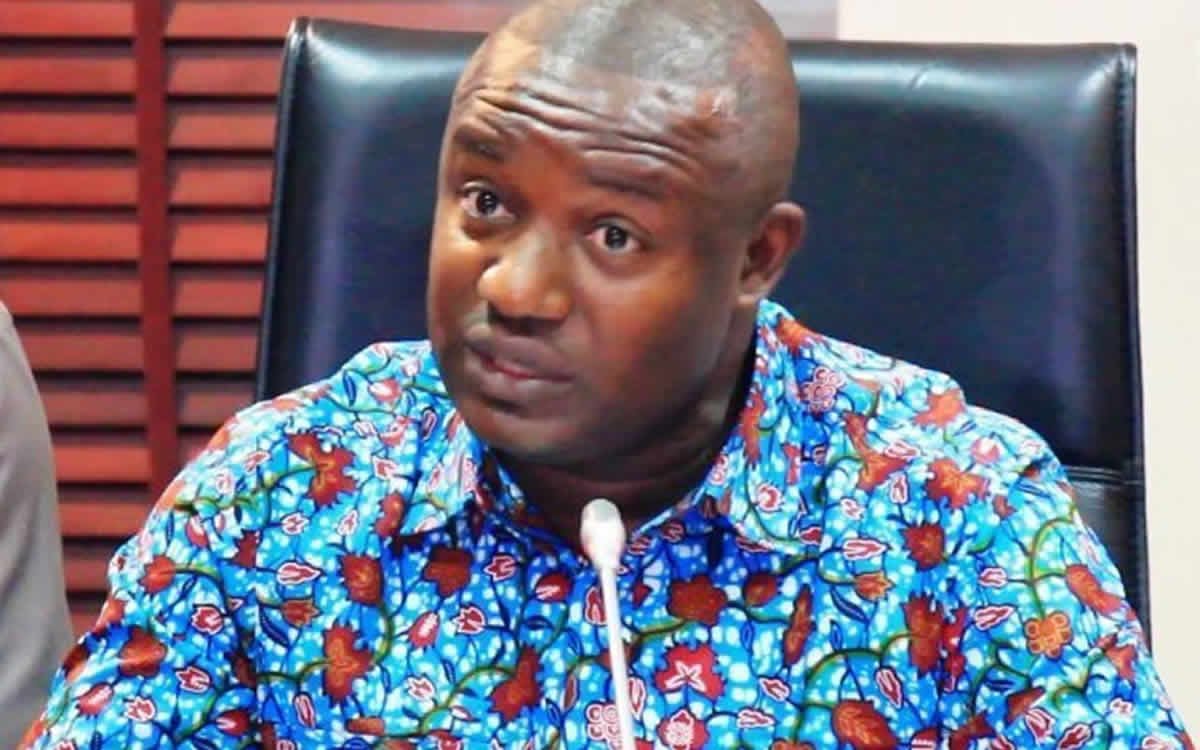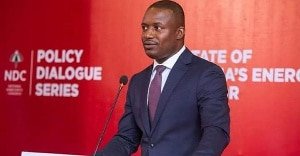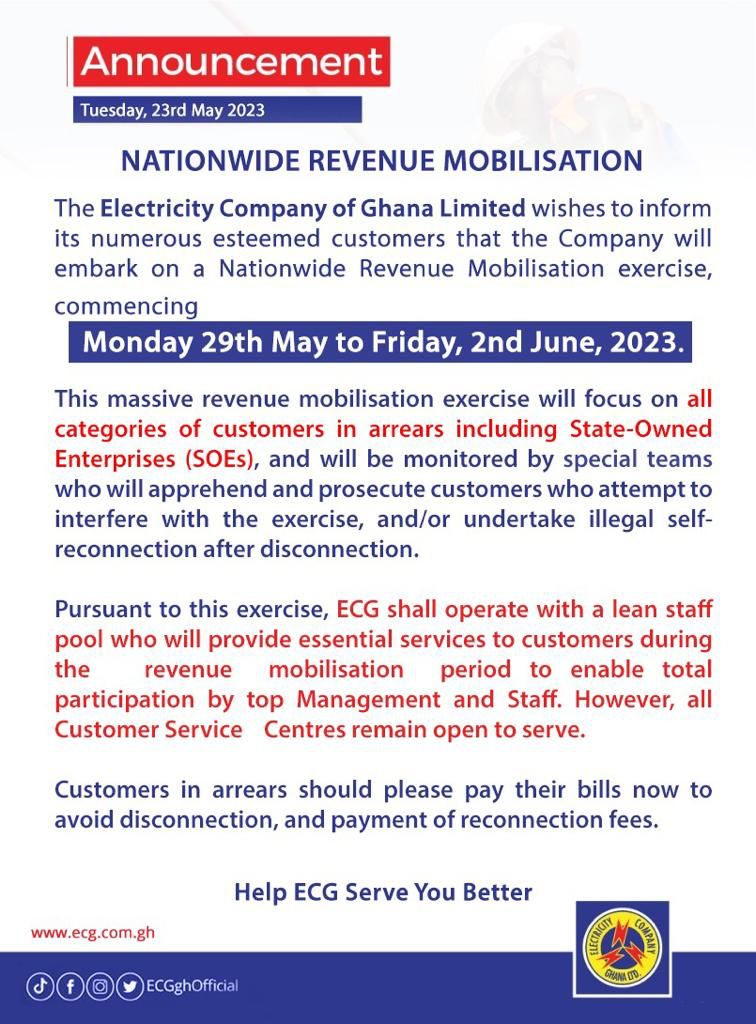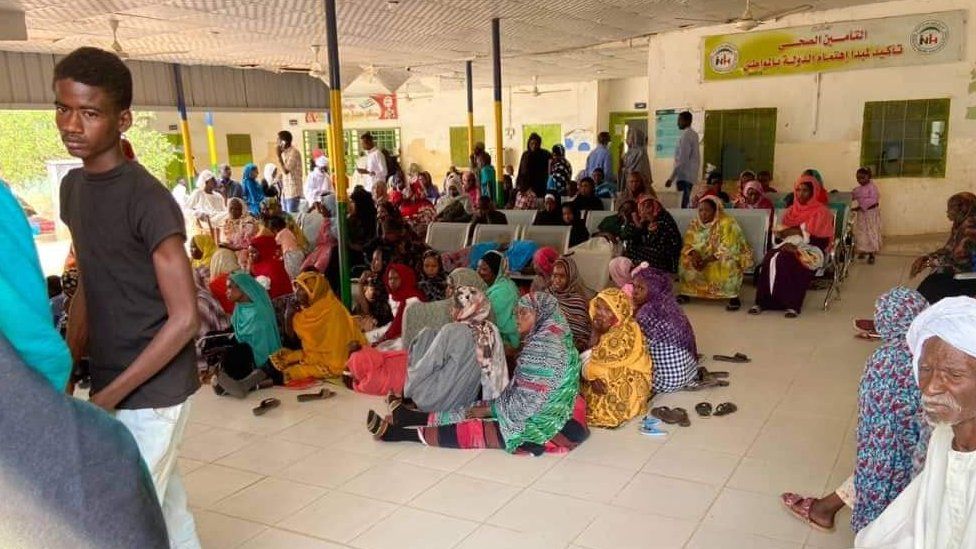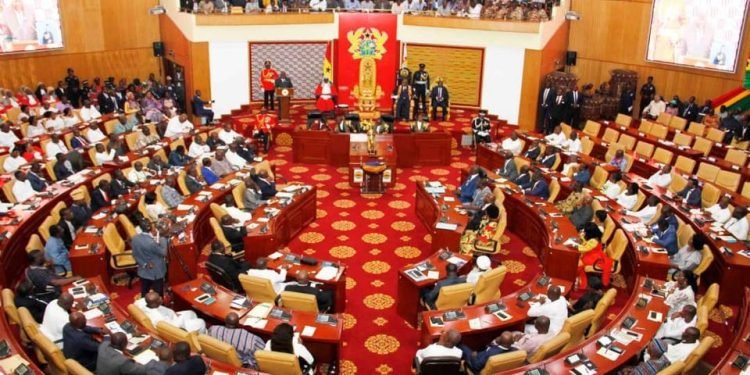The World Bank and African Development Bank-led Mission 300 initiative has received massive support from Ghana. World Bank and African Development Bank-led Mission 300 initiative aims to ensure 300 African countries get access to electricity by 2030.
Speaking at the Bloomberg Philanthropies Global Forum, President John Mahama expressed his support, stressing that under the National Energy Compacts every Ghanaian home, business, and community will have access to electricity.
Additionally, he noted that the initiative will assist African countries in eradicating poverty as well as creating massive opportunities.
“Ghana believes universal energy access is key to empowering businesses, reducing poverty, and creating equal opportunities.This goal can only be achieved through strong government–private sector partnerships, supported by an enabling environment for sustainable investment,” he added.
The Energy Compacts are detailed guides that show how countries can attract investment, reforms and introduce new ideas to improve their energy sector.
Ghana joins sixteen other African countries to endorse the National Energy Compacts. So far, 30 million individuals have gained access to electricity, with another 100 million expected to be connected soon.
Meanwhile, the Electricity Company of Ghana (ECG) has launched the “Operation All Must Pay” initiative to facilitate the retrieval of outstanding debts owed by customers across the nation as well as prosecute offenders involved in illegal connection.
The exercise, which will come to a close on September 30 after it began on September 9, targets residential, commercial, industrial, and government institutions, such as Ministries, Departments, and Agencies (MDAs).
A statement released by the Electricity Company of Ghana states, “The exercise will include Bill distribution, Streetlight & SHEP meter capturing & reporting. This exercise will be monitored by special teams who will apprehend and prosecute customers who have connected electricity illegally, or attempt to interfere with the exercise, or undertake illegal self-reconnection after disconnection.”
ECG further advised customers with arrears to pay their bills immediately to avoid disconnection, and payment of reconnection fees. It added that customers who are unable to access their bills should visit the nearest ECG Office for assistance.
Customers have been entreated to use their regular channels including the ECG Mobile App to pay their bills. Persons who do not have the App have been directed to download it from Google Play Store, or call the ECG contact centre on 0302611611/Social Media handles, for assistance.
In October last year, the Africa Centre for Energy Policy (ACEP) raised concerns over the Electricity Company of Ghana’s (ECG) monthly revenue losses, revealing that the company is losing approximately $67 million every month due to unpaid bills.
ACEP attributed these losses to the ECG’s low revenue recovery rate. Kodzo Yaotse, Policy Lead for Petroleum and Conventional Energy at ACEP, emphasized that improving the ECG’s revenue collection must be a priority for both the government and the company itself.
He warned that the continued failure to collect these revenues would only worsen Ghana’s growing energy sector debt and strain the Independent Power Producers (IPPs), who are already owed significant sums as part of the country’s legacy energy debt.
According to reports, the ECG is drowning in debt, amounting to over GHC67 billion.
The ECG has on numerous occasions embarked on revenue mobilization exercises but is yet to retrieve all the money owed the company.
Effective Wednesday, October 1, electricity tariffs for all consumer categories will go up by 1.14 per cent, the Public Utilities Regulatory Commission (PURC) has announced. However, water tariffs will see no increase for the same period.
According to a press statement by Acting Executive Secretary Shafic Suleman, the Commission indicated that the adjustment has become necessary due to factors such as the Ghana cedi–US dollar exchange rate, domestic inflation, the electricity generation mix, and fuel prices, especially natural gas.
The review was in line with the Commission’s Quarterly Tariff Review Mechanism, which tracks key economic factors that affect the cost of delivering utility services.
The PURC notes that the incoming hike will maintain the real value of tariffs and keep service providers financially stable. The Commission stated that it didn’t fully recover some costs in the previous quarter (Q3), due to currency changes or other factors.
It added that it was short of 0.3980 GHS0.3980 per US$1 in the third quarter as such, it added this shortfall into the new tariff.
Earlier in September this year, the Public Utilities Regulatory Commission (PURC) received proposals from eight utility companies calling for a significant adjustment in utility tariffs to ensure they can fully operate at their capacities.
Proposals from the electricity distributors and the water provider for the 2025–2029 tariff period cited rising operational costs and the need to maintain efficient service delivery.
The eight companies include the Electricity Company of Ghana (ECG), Volta River Authority (VRA), Northern Electricity Distribution Company (NEDCo), Ghana Water Limited (GWL), and the Ghana Grid Company (GRIDCo), Ghana National Gas Limited, among others.
ECG is pushing for a massive 225% hike in its distribution service charge. For instance, a household consuming 150 kWh monthly would pay an additional GHS64, while a residence using 100 kWh per month would pay about GHS43 more in distribution charges.
As part of ECG’s request, the current Distribution Service Charge (DSC) of 19 pesewas per kilowatt-hour should be raised to nearly 62 pesewas per kilowatt-hour.
“The PURC will undertake the major adjustment in the 4th quarter of 2025 to reflect capacity charges, additional liquid fuel usage, and additional capex. The current charge is below industry benchmarks, and cedi depreciation has reduced its value. US$408m spent on network upgrades and smart meters,” parts of ECG’s petition read.
ECG has emphasized that the adjustment has long been overdue, noting that in 2022 it proposed 39.95 pesewas, but only 19.04 pesewas was approved.
According to ECG, it has invested $48 million in network upgrades and smart metering systems to enhance power reliability, reduce outages, and align tariffs with international industry standards, yet these efforts have not yielded the expected cost recovery.
Furthermore, ECG has projected an annual revenue of GHS9.5 billion between 2025 and 2029 if the new charges are approved. The proceeds, according to the utility company, would be allocated to cover operational costs, depreciation of assets, staff salaries, and the recovery of recent capital expenditures.
